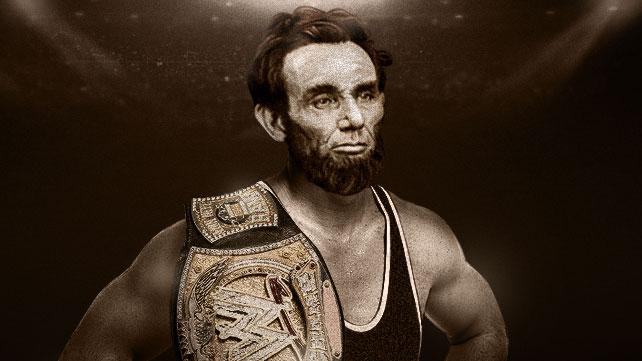It’s Presidents’ Week, so what better time to learn about the 16th President? Regardless of your interest level, there’s something out there for you: This article says there are over 14000 books about Abraham Lincoln. (The 42000 on that Amazon link is inflated by double counts for new covers, hardback/paperback, etc.) It also suggests that, if you wanted to add your own work to that enormous stack of books at the Lincoln Library, you’d have a good shot at getting it published!
“There are so many Lincoln geeks that buy everything new that comes out,” says Cathy Langer, the lead book buyer at the Tattered Cover Book Store in Denver. She adds that in her years as a buyer, she has rarely turned down a title about the 16th president…
“The Lincoln canon is exhaustive, but it’s inexhaustible,” says Mr. Holzer. “And the amazing thing is that every important book inspires three more in the way of commentary or disagreement or embellishment.”


